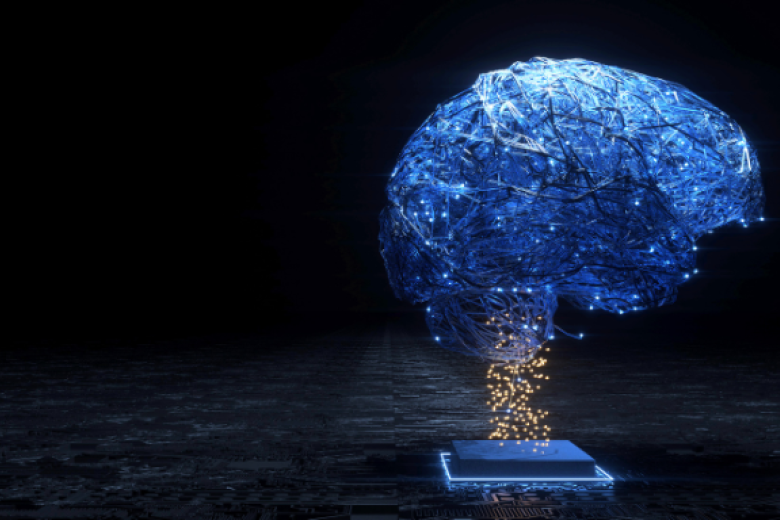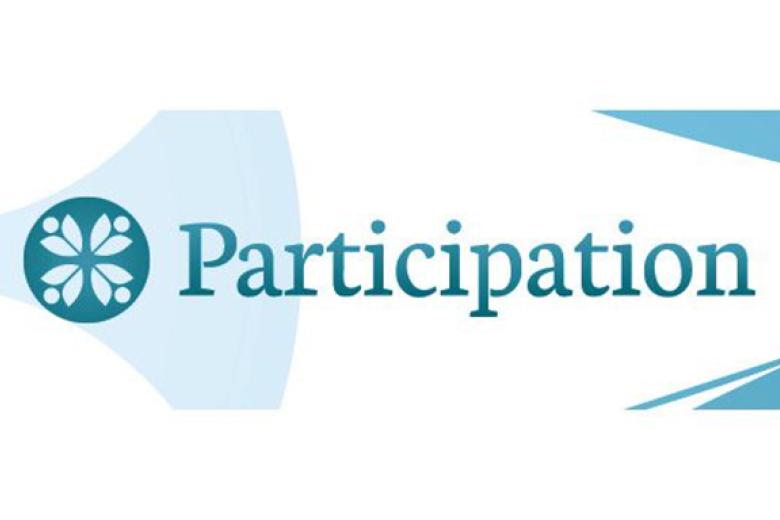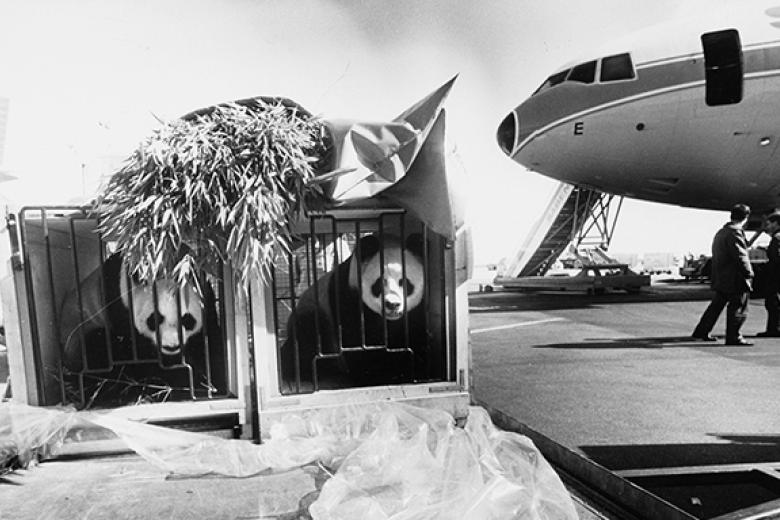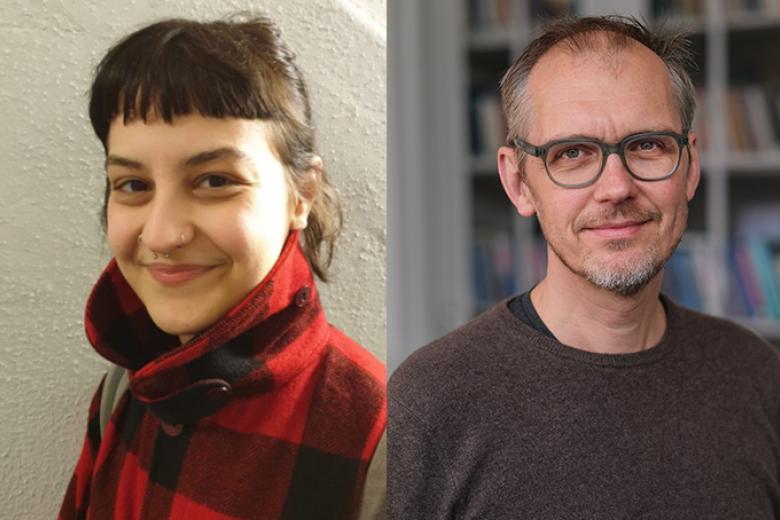MUSTS research projects
MUSTS research is adventurous in exploring a variety of theoretical and empirical fault lines; but it is always rigorous in its methodological approach, theoretical grounding, and scholarly justifications.
“Nanobubbles”: how, when and why does science fail to correct itself?
Prof. Cyrus Mody received an ERC Synergy Grant in 2020 for his project NanoBubbles: how, when and why does science fail to correct itself?. ‘Nanobubbles’ looks at the field of nanobiology to explore how erroneous claims can be removed from the scientific record.
| PhD candidate | Project | Supervisor |
|---|---|---|
| Candida Sánchez Burmester | Tracing claims in nanobiology: scientific practices and interactions at conferences and laboratories | Prof. Cyrus Mody |

RAIDIO: Responsible Artificial Intelligence in clinical DecisIOn-making
RAIDIO: Responsible Artificial Intelligence in clinical DecisIOn-making is a 4-year research project that has received funding from NWO's Open Competition for Digitalisation. The aim of the project is to investigate processes of digitalisation and the desired role for AI in image-based medicine.
The project is a collaboration between the University Medical Centre Utrecht, Maastricht University and Radboud UMC. From the MUSTS group, Prof. Sally Wyatt and Dr. Flora Lysen are involved.

Participation
Dani Shanley and Darian Meacham are involved in the Participation project, a project co-executed by the Brightlands Institute for Smart Society (BISS).
The participation project aims to identify future perspectives and trends of polarization, extremism, and radicalization through a participatory methodology that facilitates effective co-creation strategies for prevention by bringing together social actors, stakeholders and policy-makers.

Managing Scarcity and Sustainability
Managing Scarcity and Sustainability: The Oil Industry, Environmentalism, and Alternative Energy in the Age of Scarcity is a five year research project led by Prof. Cyrus Mody.
This Vici project, funded by NWO, uses the case of oil in the 1970s to understand why companies adopt or reject alternative energy and conservation, and uses that understanding to facilitate an energy transition.
| PhD candidate | Project | Supervisor |
|---|---|---|
| Michiel Bron | The involvement of oil companies in the development of nuclear energy in the age of scarcity, focussing on the 1970s | Prof. Cyrus Mody |
| Jelena Stankovic | Understanding the complex relationship of oil firms and solar; internal and external drivers | Prof. Cyrus Mody |

Moving Animals: A History of Science, Media and Policy in the Twentieth Century
Moving animals: A History of Science, Media and Policy in the Twentieth Century is a five-year research project led by Prof. Raf de Bont.
The project – sponsored by an NWO Vici grant – studies changing human-nature relations by focusing on human involvement with ‘wild’ animals that move (or are being moved) over great distances.
| PhD candidate | Project | Supervisor |
|---|---|---|
| Vincent Bijman | Invasive species. The science, management and representation of animal introductions in the context of the 20th century | Prof. Raf de Bont |
| Monica Vasile | Reintroducing endangered species: human-animal histories in the 20th century | Prof. Raf de Bont |

The Scientific Conference: A Social, Cultural, and Political History
The Scientific Conference: A Social, Cultural, and Political History is a three-year research project funded by HERA (Humanities in the European Research Area) led by Dr. Geert Somsen.
| PhD candidate | Project | Supervisor |
|---|---|---|
| Georgiana Kotsou | Convention Conventions. Routines and Rituals in International Scientific Conferences, past and present | Prof. Cyrus Mody |

Trustworthy AI for Media Lab (TAIM)
Can we train artificial intelligence (AI) to be fair and inclusive? This PhD project will explore how diversity in all of its forms – including age, ethnicity, disability, gender, health, sexuality or religion – is considered in the development of Al systems. It is one of five PhD projects in the ‘Trustworthy AI for Media Lab’ (TAIM). TAIM is a collaboration between social scientists and computer scientists at Maastricht University and the University of Amsterdam as well as the media company RTL. The lab is part of the NWO-funded “Trustworthy AI-based Systems for Sustainable Growth” (ROBUST) program: an initiative by the Innovation Center for Artificial Intelligence (ICAI), supported by the University of Amsterdam and 51 government, industry and knowledge-sector partners including Maastricht University. The programme aims to strengthen the Dutch artificial intelligence (AI) ecosystem by boosting fundamental AI research. TAIM is led by Professor Nava Tintarev (Maastricht University, Department of Advanced Computing Sciences/FSE) and Professor Maarten de Rijke (University of Amsterdam; ICAI).
| PhD candidate | Project | (Co-)supervisor |
|---|---|---|
| Daniella Pauly Jensen | Issues of diversity and bias in AI systems for media | Supervisor: Prof Sally Wyatt Co-supervisor: Dr Annika Richterich |

Towards an Ecology of Technoscience
Technologies should be understood ecologically. That is the growing consensus in disciplines such as philosophy of technology and Science & Technology Studies (STS). According to this perspective, what technologies are and do should always be understood in relation to their environments. These disciplines oppose this perspective to the modern, non-relational way how most scientists understand their own technological artifacts. This project argues against this opposition, and aims to map how contemporary scientific practices use implicit accounts of the environments of their technologies. As a result, the central opposition is not one between a modern or an ecological perspective, but rather between which ecology we want for our technologies. Such a perspective will moreover conceptualize contemporary scientific practices in a novel way.
This project will flesh out an ecological theory of technoscience through two steps. First, French philosophy of technology (Simondon, Serres, Latour) is used to articulate an ecological philosophy of technology. Secondly, three case studies are used to map how contemporary technosciences think ecologically: a case on directed evolution (synthetic biology); a case on exoskeletons (robotics); and a case on AI in legal decision-making (data science). Through these cases, the project argues that technoscientific applications (synthetic organisms, exoskeletons or algorithmic decision systems) require specific environments to function, but often strongly reduced ones (sterile biocontainers, simplified surfaces or clean data sets). Since technoscientists often design these as well, they embody a form of ecological thinking. The results are often streamlined technoscientific environments that threaten diversity, not only in the form of biodiversity (synthetic biology), but also diversity of bodies (robotics) and diversity of thinking (data science). Hence, the choice is not between ecology or technoscience, but rather between which technoscientific environments we find acceptable. Any reflection on technoscientific applications then becomes a question of what kind of society we want.
Project leader: Massimiliano Simons

-
The Prediction Machine
-
“Nanobubbles”: how, when and why does science fail to correct itself?
-
RAIDIO: Responsible Artificial Intelligence in clinical DecisIOn-making
-
Participation
-
Managing Scarcity and Sustainability
-
Moving Animals: A History of Science, Media and Policy in the Twentieth Century
-
The Scientific Conference: A Social, Cultural, and Political History
-
Trustworthy AI for Media Lab (TAIM)
-
Towards an Ecology of Technoscience
